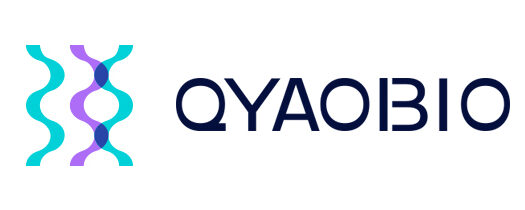Antibody Catalog
QYAOBIO provides antibody catalog for customers in worldwide
QYAOBIO provides 10,000+ antibodies with various specification in multiple applications. As the original manufacturer in China, our professional technical team can design, produce and validate every antibody in-house. All these antibodies are used widely in ELISA, WB, IHC/ICC, IF, IP/Co-IP, ChIP and FC.
The optimization of antibody production is focusing on yield enhancement, antibody expression improvement, downstream process streamline. Antibody production has the crucial role in advancements of diagnostics, therapeutics, and scientific research. QYAOBIO, as the custom antibody supplier, provides comprehensive antibody development and production services, from antigen design to custom antibody generation.
CORE PRODUCTS
Catalog Antibodies
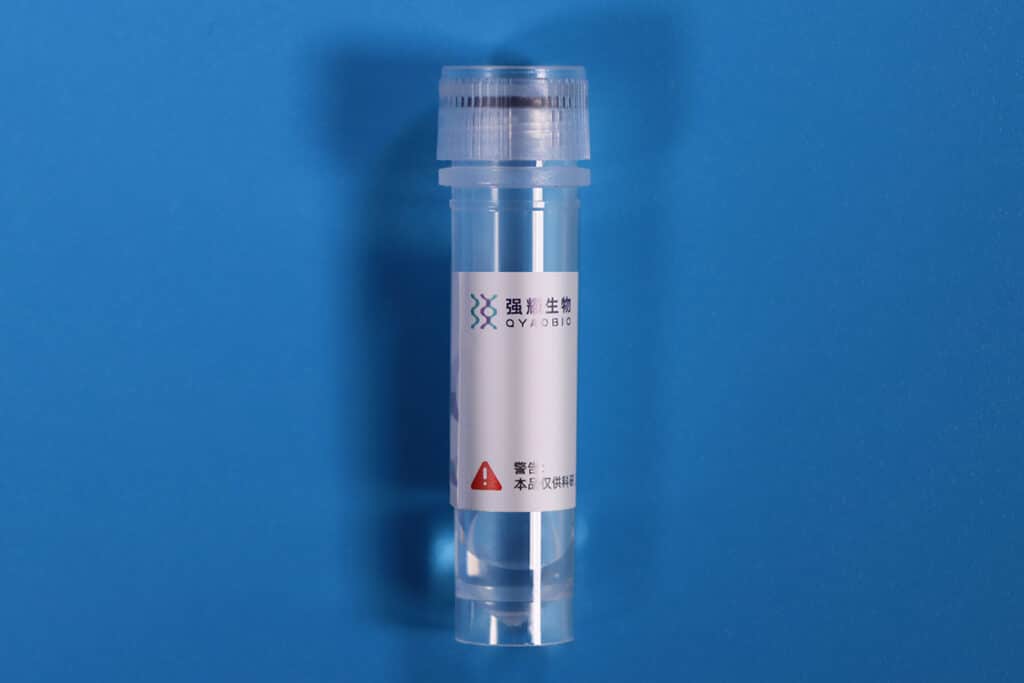
Polyclonal Antibody
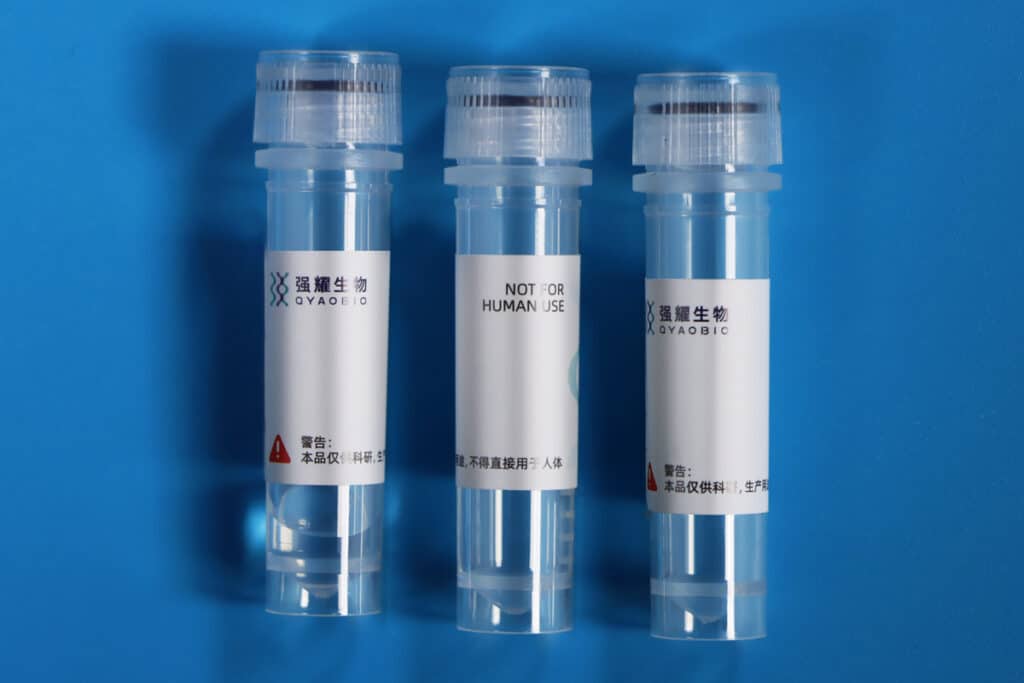
Monoclonal Antibody
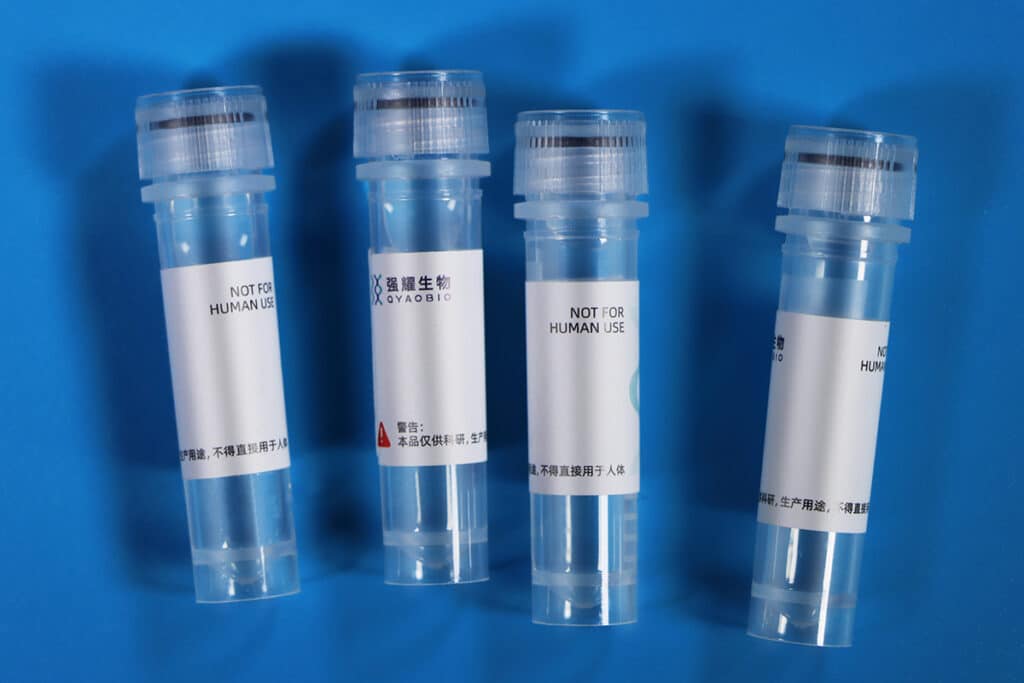
Recombinant Antibody
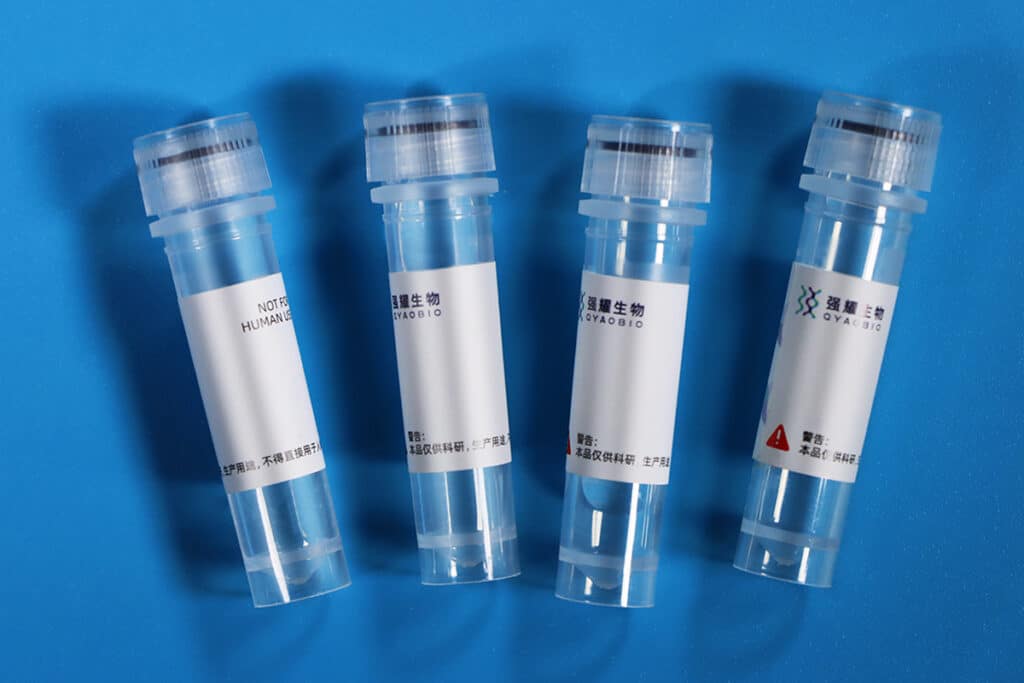
Secondary Antibody
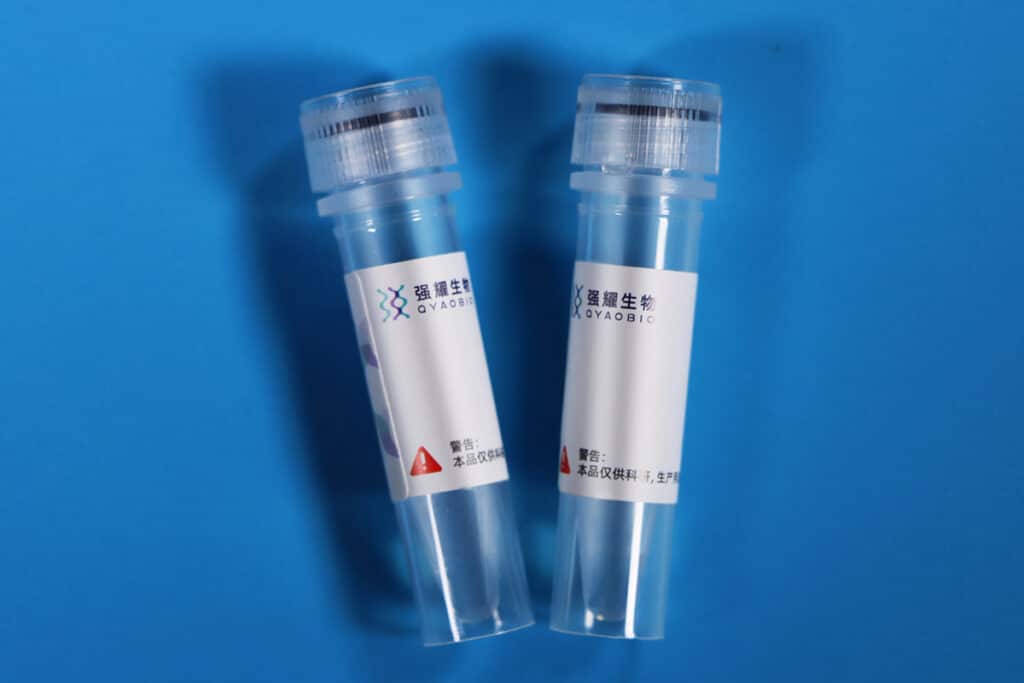
Loading Control Antibody
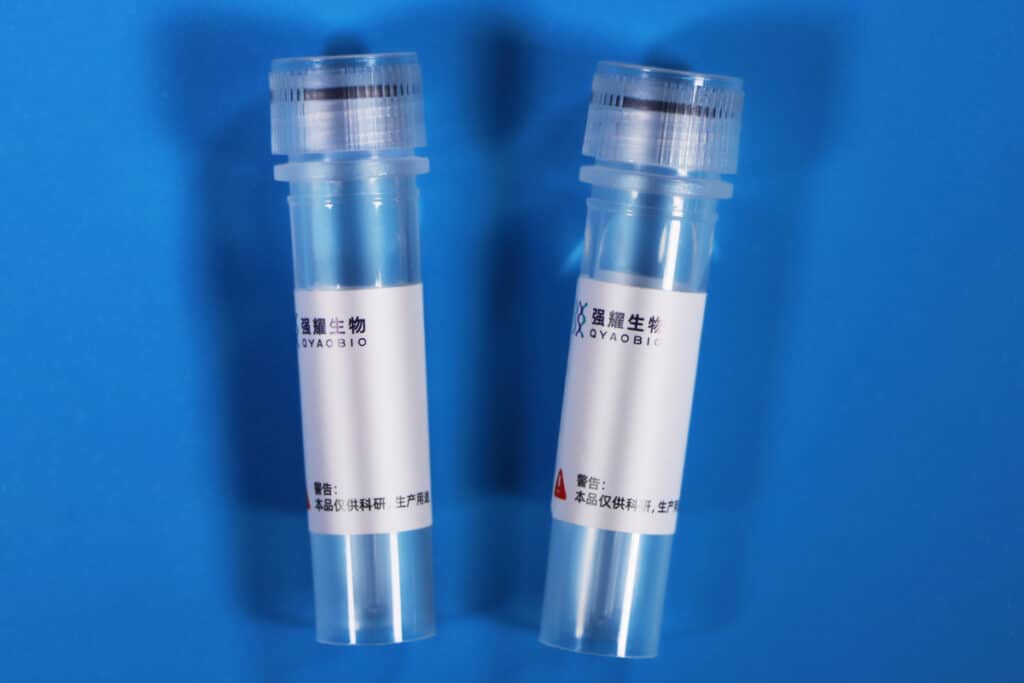
Isotype Control Antibody
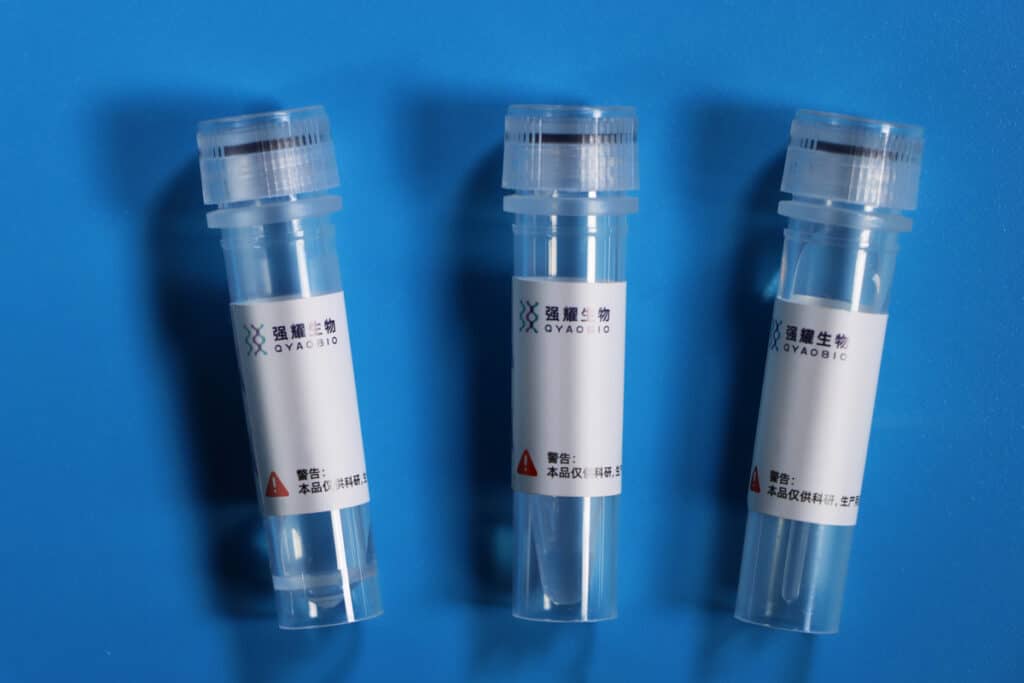
Small Molecule Antibody
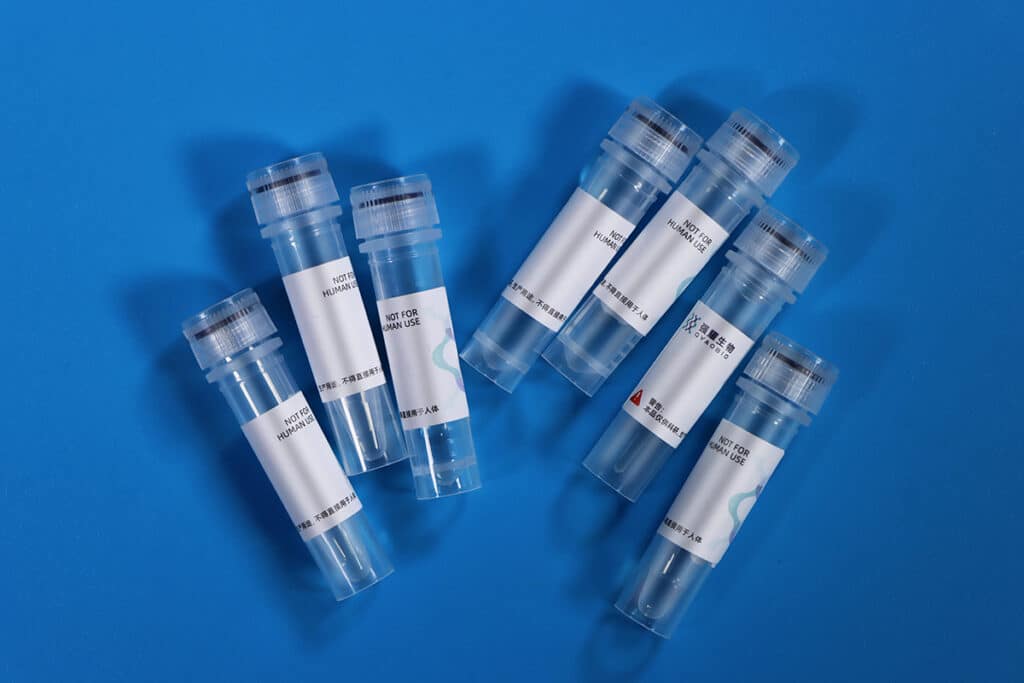
Tag Antibody
Common FAQ
Custom Antibody Production FAQ
Call Us
+86(021)-50795728
+86(027)-60707970
